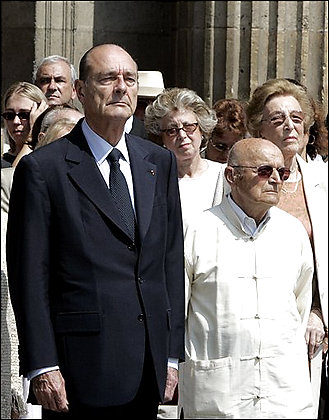


As recently as 1994 the head of the French army history department was dismissed for allowing the military's magazine to publish an article which described the innocence of Dreyfus, unenthusiastically, as a "thesis generally held by historians".įinally, the broader issues raised by the case - raison d'etat versus individual justice and truth - remain live forces in all politics but especially in the French political psyche. His statue at the Place Pierre-Lafue in the sixth arrondissement in Paris, erected three years ago, is frequently daubed with anti-Semitic slogans. Publications close to the NF still regularly proclaim the guilt of Dreyfus. Secondly, the existence and strength of the far-right National Front - direct spiritual descendants of the die-hard, anti-Dreyfus camp - means that the struggle with intolerance, injustice and anti- Semitism is far from over. This was the supreme prototype for the engagement of French intellectuals in politics the word intellectuel was first used as a noun during the Dreyfus Affair. It was Zola's letter which tipped the balance, persuading other French writers and scholars to join the battle to exonerate Dreyfus. Why is the Dreyfus case still such a live issue in France? Arguably, it changed the course of French history, confirming France as a republican and democratic state, defeating the forces of extreme nationalism, racism, clericalism and nostalgic royalism which might have pushed the country into a kind of proto-fascism or Francoism. " It was a reminder, he said, that the "forces of darkness, intolerance and injustice can penetrate to the highest levels of the state". "The Dreyfus Affair," he said, "tore French society apart, divided families, split the country into two enemy camps, which attacked each other with exceptional violence. President Jacques Chirac has marked the occasion with an eloquent letter to the descendants of Zola and Dreyfus. He was charged with passing military secrets to the German Embassy. It was Clemenceau's startling headline - all the more startling because such headlines were not yet common - which increased circulation of the newspaper 12-fold to 300,000 and helped Zola to change the alarming direction of "L'Affaire Dreyfus".įrance celebrates the headline and the Zola letter this week with ceremonies, seminars, and the draping of a 150-square- metre reproduction of the front page of L'Aurore over the facade of the National Assembly. Captain Alfred Dreyfus was the highest-ranking Jewish artillery officer in the French army. The writer, author of Germinal and La Bete Humaine, used the words over and over in the text but he had titled his piece, rather pedantically, "Letter to the President of the Republic".


 0 kommentar(er)
0 kommentar(er)
